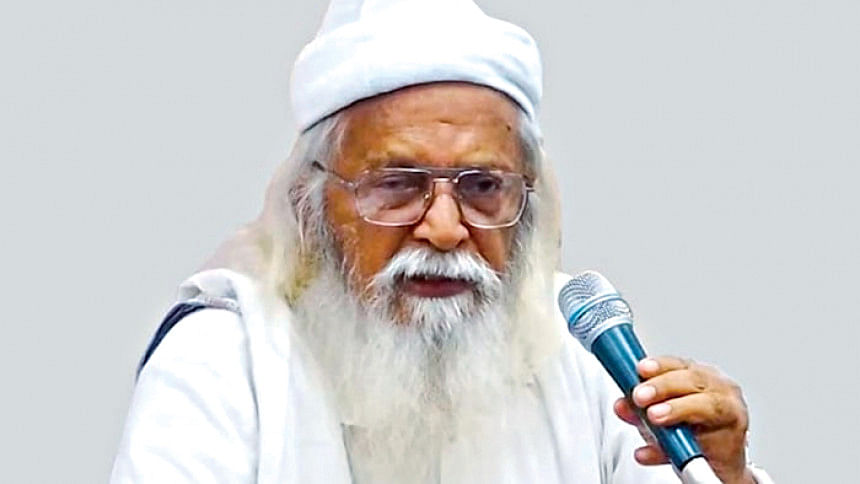Reform commissions followed a top-down approach

Poet and writer Farhad Mazhar yesterday criticised the formation of the Women's Affairs Reforms Commission, saying it was done without involving the general public.
Speaking at a discussion titled "Equity for Women and Women's Affairs Reforms Commission", organised by Gonoshakti Sobha at the Jatiya Press Club, he said, "Even if the Women's Commission has positive goals, people cannot connect with them. That itself creates complications."
Mazhar said not only the women's commission but other recent commissions were also formed in the same top-down manner, with individuals favoured by those in charge.
Referring to Chief Adviser Prof Muhammad Yunus, he said, "He needs to understand that this country is not just made up of a few elites inside Dhaka. Society here is much bigger."
Addressing the debate surrounding the commission's proposal to recognise sex workers, Farhad said the issue remains highly contested within feminist circles.
Some view sex work as inherently violent and want it abolished. Others argue that without legal recognition, these women remain marginalised and without protection.
Quoting Islamic principles, he said, "If a woman takes up sex work out of economic necessity, the blame is not on her. It is on those in the community -- especially religious leaders -- who failed to support her."
He called for respectful and constructive discussions. "Let us not use language that contradicts Islamic values. We must negotiate, debate, and build understanding, not take the issue in a harmful direction."
Child psychologist Sultana Razia said discrimination against women begins in the family and continues throughout life. "Even in childhood, girls face restrictions on clothing, food, play, and freedom of expression. This affects their confidence and self-worth."
"If we don't understand our own dignity and rights, and change our mindset, we cannot claim or protect them," she said, adding that real change must begin with self-awareness, education, and cultural reform.
Jamaat-e-Islami Central Executive Committee member Nurul Islam Bulbul called for the formation of a new commission that includes representation from all groups.
Prime Asia University Assistant Professor AR Khan, Dhaka Union of Journalists President Shahidul Islam, and rights activist Sharmin Sultana Chaity also spoke at the programme.

 For all latest news, follow The Daily Star's Google News channel.
For all latest news, follow The Daily Star's Google News channel. 



Comments